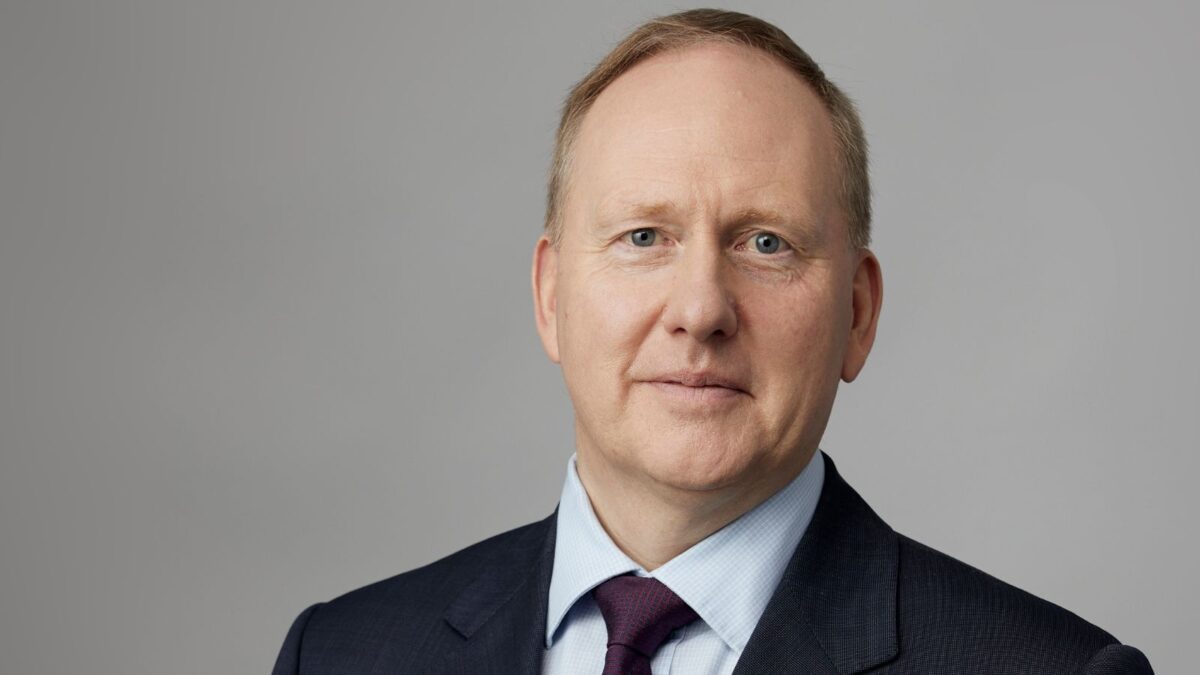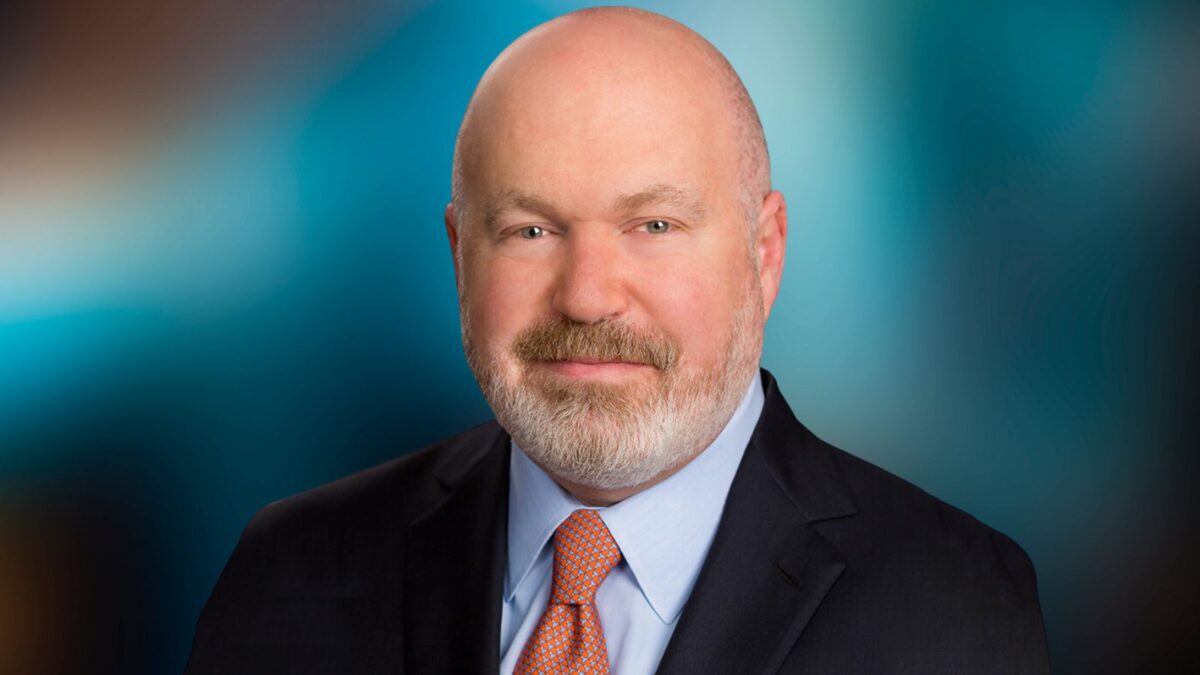ETFs now feeling the margin squeeze too
Fee wars intensified in the US exchange-traded fund (ETF) market last year squeezing down investor costs to record lows in all product varieties, a new FactSet analysis reveals. Having arguably started the fees war, ETFs are now also getting squeezed alongside active managers.
The FactSet study found about a third of all US-listed ETFs cut fees last year while only 4 per cent upped their sticker prices in an increasingly cut-throat market. And fees for actively managed ETFs should probably be lower.
Cheap also proved to be the winning strategy in 2019 as lowest-price providers – notably Vanguard and Charles Schwab – stole market share from more expensive rivals.
Vanguard, for instance, with an asset-weighted average ETF fee of 0.06 per cent captured 32 per cent of flows in the US compared to its market share of 26 per cent: similarly, Charles Schwab (average fees of 0.08 per cent) garnered 7 per cent of ETF flows, almost double its 4 per cent market share.
“All but two of the top-flows ETFs ended 2019 with expense ratios at 0.10 per cent or lower,” FactSet says. “Half of them charged 0.05 per cent or less. There’s not much room below that.”
Both the largest ETF provider, BlackRock, and a pioneer in the sector, State Street Global Advisors (SSGA), saw lower flows relative to market share last year. BlackRock recorded asset-weighted ETF fees of 0.2 per cent just above 0.16 per cent for SSGA.
While the average ETF price decreased just 0.01 per cent to hit 0.2 per cent during 2019, the fee compression fell more heavily on more exotic sectors such as ‘smart beta’, actively managed products and environmental, social and governance (ESG) products.
“Investors who stuck with plain vanilla equity ETFs, those predom
inantly broad-based, always cap-weighted stalwarts, saw their fees drop from 0.17 per cent to 0.15 per cent over the past two years,” the FactSet report says. “But the more dramatic drops came in other strategy groups… ‘smart beta’ or strategic funds now cost 0.05 per cent less than then they did at the end of 2017, and active management in an ETF is now more efficient by 0.09 per cent.”
Overall, actively-managed ETFs – a growing market in the US – experienced the largest fee impact, FactSet says. Of the 55 “truly active” ETF products identified by the researcher, those with higher fees were more likely to experience outflows in 2019: a further subset of this group with no “bespoke” asset backing for their ETFs, found an even greater correlation between high price and outflows.
Investors in ESG ETFs are also highly fee-sensitive, the FactSet analysis found, providing a warning for product issuers looking to piggy-back on the sustainability trend.
“Flows and expenses were nearly perfect inverses,” the report says. “The cheapest ESG ETFs, custom built for a Finnish insurance company, jointly brought in over US$3.1 billion, while the most expensive, SerenityShares Impact ETF (ICAN), closed shop.”
The report, produced by Elisabeth Kashner, FactSet head of ETF research, says actively managed products likely need to be priced at 0.4 per cent or less to attract investors.
“While actively-managed ETFs do command a premium over their passive segment counterparts, investors are cost-conscious in all asset classes, segments, and strategies,” Kashner says. “While the broad vanilla funds grab the headlines, the fee war rages everywhere in ETF land.”
– David Chaplin, Investment News NZ










